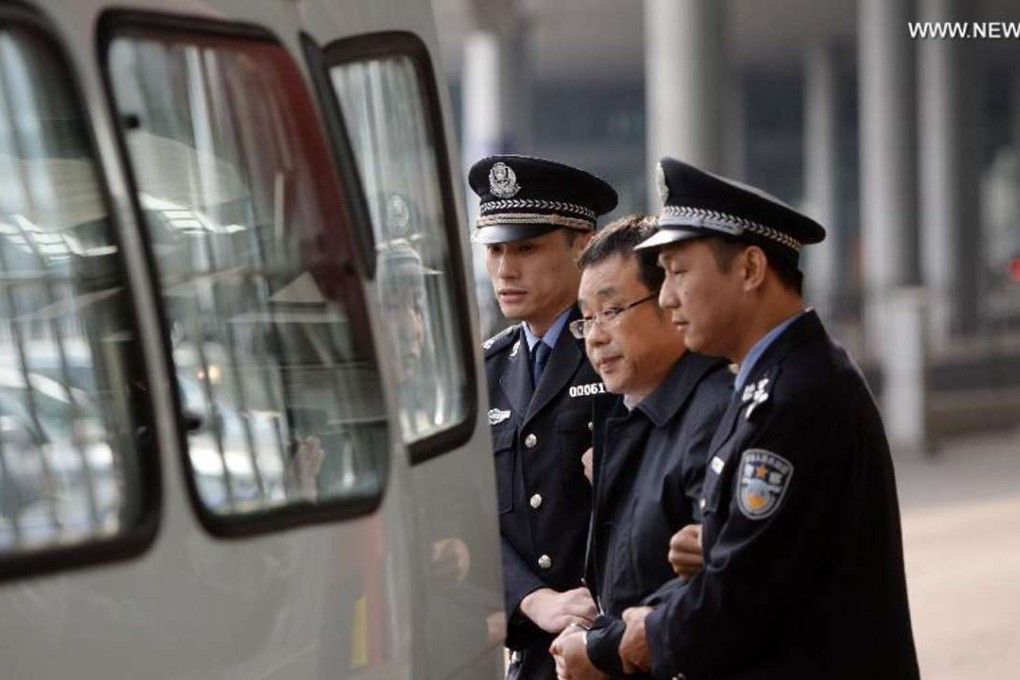China to keep up overseas graft hunt down to last fugitive – even if ill-gotten gains are gone
Anti-corruption watchdog pledges to track down and return all suspects, regardless of how long it takes and where they hide

The Communist Party’s corruption watchdog has vowed to track down and return fugitives from overseas, even if they have spent all their ill-gotten gains.
In an article published by a website affiliated with the Central Commission for Discipline Inspection on Monday, the anti-graft watchdog said President Xi Jinping, who is also party general secretary, was using meetings with foreign leaders to increase cooperation on repatriation of fugitives.
“No matter if it’s during formal visits or international conferences, General Secretary Xi Jinping will raise the issue about cooperation ... to repatriate fugitives and retrieve their fortunes, whenever and wherever he comes across foreign state leaders,” it said.
Extraditing fugitives and recovering illicit assets has become one of the commission’s top jobs, especially since Xi came to power and his political ally Wang Qishan took the helm of the graft-busting agency in late 2012.
As part of this push, China has signed repatriation deals with 39 countries.
“[We] must send those fugitives back to the homeland before giving them severe penalties in accordance with party discipline and the country’s laws, even if they have wiped out almost all the money they corruptly took,” the article said.